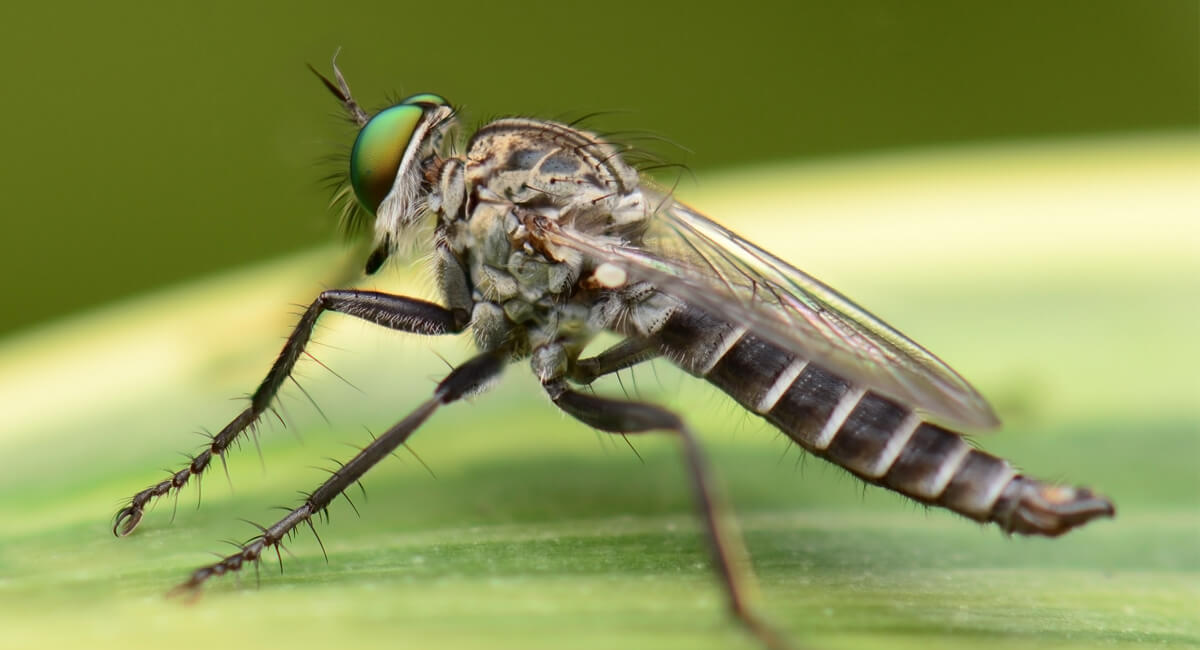Colorado Department of Agriculture Animal Health Division
From the Quarterly Newsletter: Summer/Fall 2024
The first case, an unvaccinated 18-month-old Quarter Horse filly from Pueblo County was euthanized on July 14, 2024, after presenting with ataxia, anorexia, abnormal mentation, recumbency, and cranial nerve deficits. Treatment was initiated but was unsuccessful.
Since mid-July, an additional 3 cases have been confirmed with 2 cases being in Larimer County and 1 in Weld County. There are currently 2 cases with pending results.
The Colorado Department of Public Health and Environment (CDPHE) reports 41 affected people this year (including 14 hospitalizations, 19 with neurologic symptoms, and two human deaths). Mosquito pools in Larimer, Weld, Boulder, Jefferson, Denver, and La Plata have tested positive for WNV this summer with the majority of positive activity being in Weld and Larimer counties. Overall, positive mosquito pools and human cases have been below normal however any positive human and equine cases along with positive mosquito pools are a reminder that WNV is actively circulating in Colorado and continues to pose a risk to people and unvaccinated equines. CDPHE publishes data on human West Nile cases and positive mosquito pools on the CDPHE WNV website.
West Nile Virus (WNV) is a viral disease that cycles between wild birds and mosquitoes, and can sometimes affect other species like people and horses (as dead-end hosts). Clinical cases in horses are typically characterized by anorexia, depression and neurological signs, which may include ataxia, weakness or paralysis of one or more limbs, teeth grinding, aimless wandering, convulsions and/or circling. For information on human WNV symptoms and prevention see West Nile virus and your health | Department of Public Health & Environment.
WNV Prevention in Horses:
Vaccines in horses have proven to be a safe and effective prevention tool for West Nile Virus. Horses that have been vaccinated in past years need an annual booster. If the horse had not been previously vaccinated, they will need the two-shot vaccination series within a three to four week period (or according to vaccine labels). Visit the AAEP website for a comprehensive list of vaccination recommendations.
In addition to vaccinations, horse owners also should work diligently to reduce the mosquito populations and their possible breeding areas. Recommendations include removing stagnant water sources, using mosquito repellents, and keeping animals inside during the bugs’ feeding times, which are typically early in the morning and evening.
Information for Veterinarians:
All cases of acute equine neurologic disease must be reported to the State Veterinarian’s Office, unless the cause is known toxicity or trauma. Call our office at (303) 869-9130 to report suggestive signs of reportable diseases, even if the disease has not been confirmed. If it is after-hours, our office phone message will indicate which staff veterinarian is on call.
Many equine neurologic diseases are clinically indistinguishable, so prompt reporting and diagnostics are important components of response for many of our reportable equine neurological conditions.
Please visit our Reportable Disease Page for more information on reportable diseases and how to use our online reporting tool. Here’s a direct link to our Equine Neurologic Disease webpage for more information on the reportable equine neurologic diseases, clinical signs, testing, and additional resources.
While awaiting test results, neurologic horses should be isolated and biosecurity measures shall be put in place due to the potential for disease transmission. Some neurologic diseases in horses are zoonotic, so precautions should be taken for veterinarians, owners, and anyone else interacting with the horse while waiting for results. See the following resources:
NASPHV Compendium of Veterinary Standard Precautions for Zoonotic Disease Prevention (2015)
AAEP Guidelines: Suspected Case of Infectious Neurologic Disease
More animal Health Information

News from the horse industry. Sharing today’s information as it happens. The Colorado Horse Source is not responsible for the content of 3rd party submissions.

